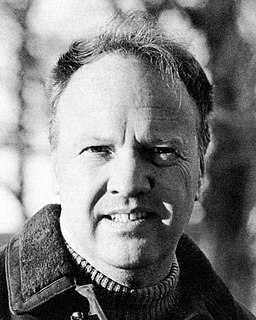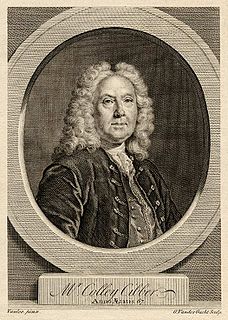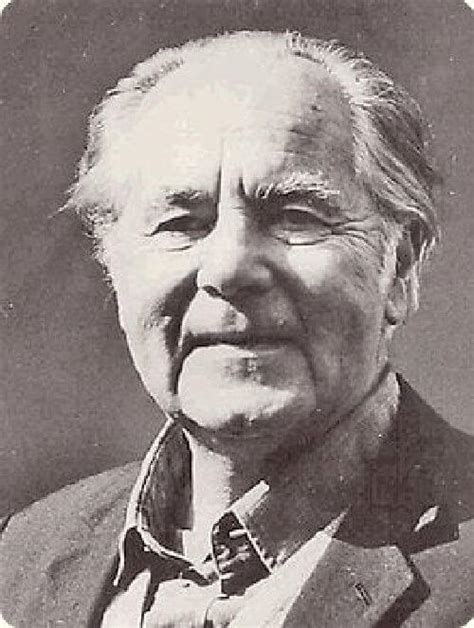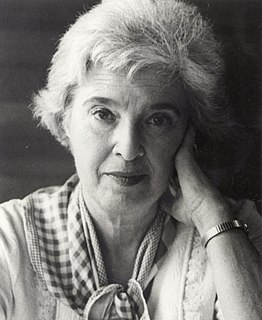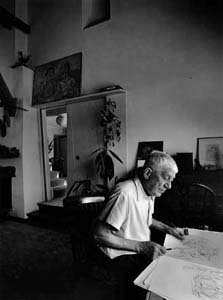A Quote by Florence Nightingale
A human being does not cease to exist at death. It is change, not destruction, which takes place.
Quote Topics
Related Quotes
I feel like I'm dropping such a long way down again." "I seem to be dropping into a cold dark wet place, where no one's been before and noone can every follow. There's no future there; just a past that sometimes fools you into thinking it's the future. It's the most alone place you can ever be and, when you go there, you not only cease to exist in real life, you also cease to exist in their consciousness and in their memories.
The total quantity of all the forces capable of work in the whole universe remains eternal and unchanged throughout all their changes. All change in nature amounts to this, that force can change its form and locality, without its quantity being changed. The universe possesses, once for all, a store of force which is not altered by any change of phenomena, can neither be increased nor diminished, and which maintains any change which takes place on it.
What history teaches us is that man does not change arbitrarily; he does not transform himself at will on hearing the voices of inspired prophets. The reason is that all change, in colliding with the inherited institutions of the past, is inevitably hard and laborious; consequently it only takes place in response to the demands of necessity. For change to be brought about it is not enough that it should be seen as desirable; it must be the product of changes within the whole network of diverse casual relationships which then determine the situation of man.
If man did not exist as a world-spanning receptive realm of perception, if he were not engaged in this capacity, nothing at all could exist. 'Being,' in its traditional usage, means 'presence' and 'persistence.' To achieve presence, and thereby being, an entity requires some sort of open realm in which presence and persistence can take place. Thus an open realm of perception like that of human existence is the one being that makes being possible.

